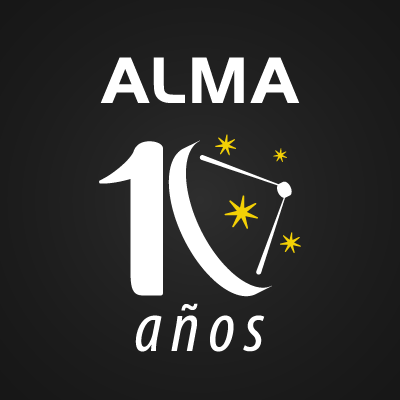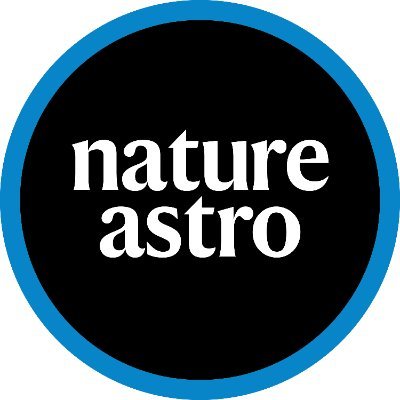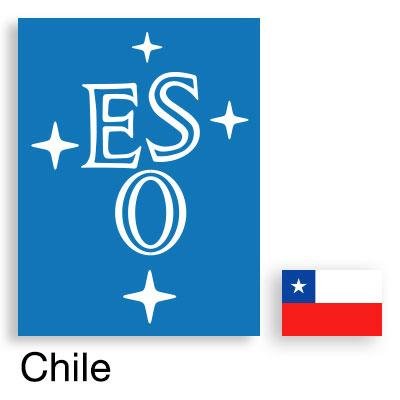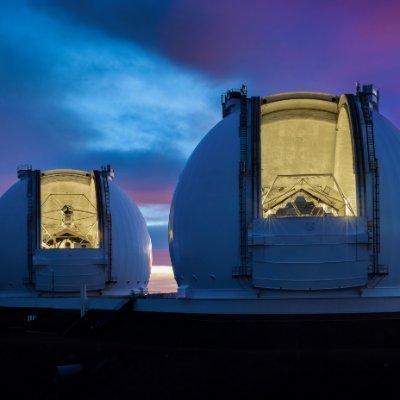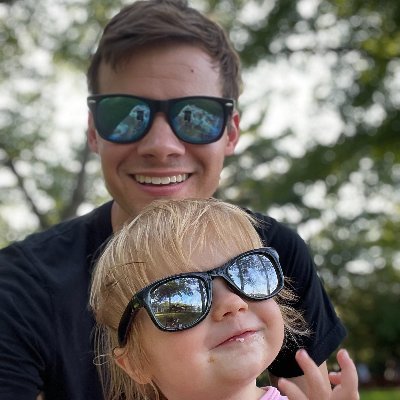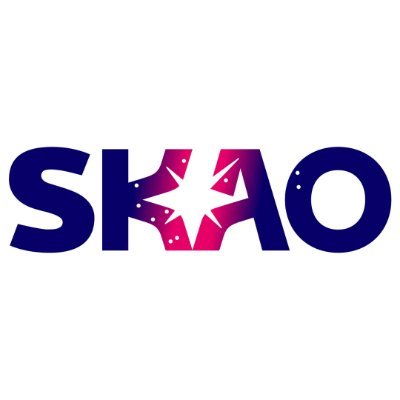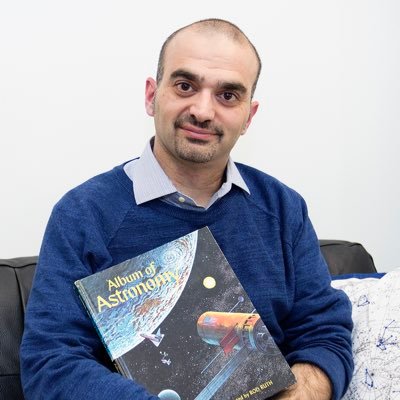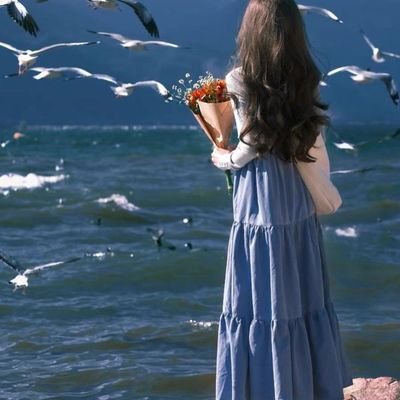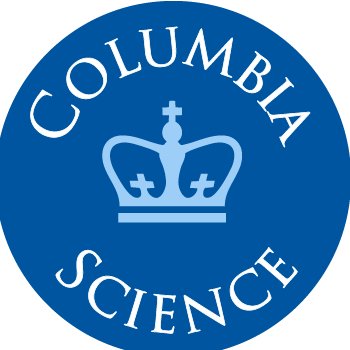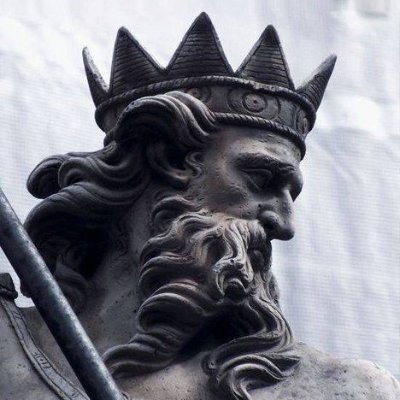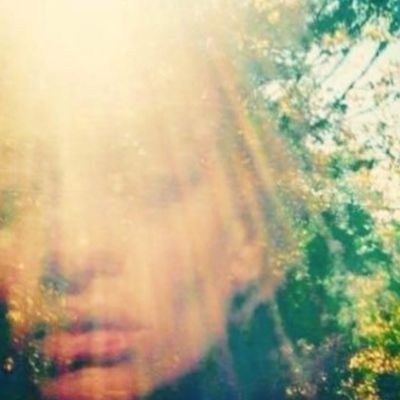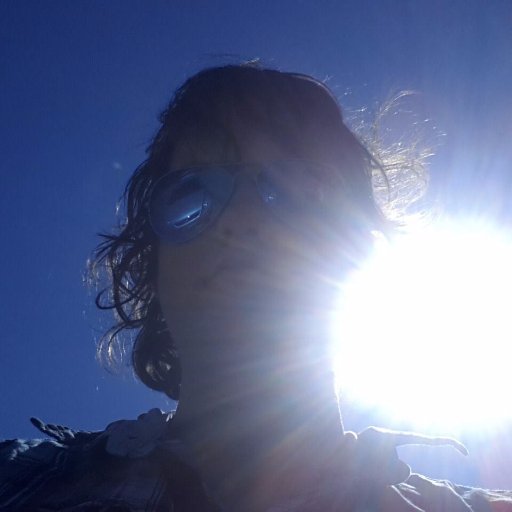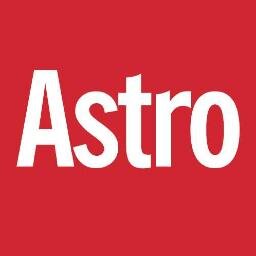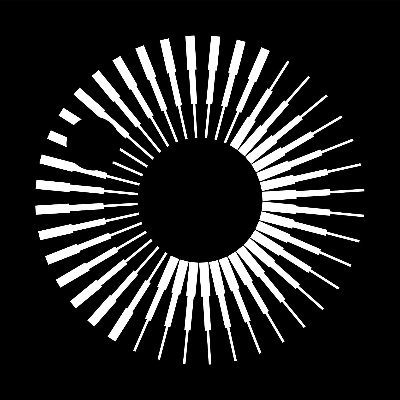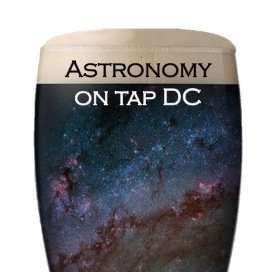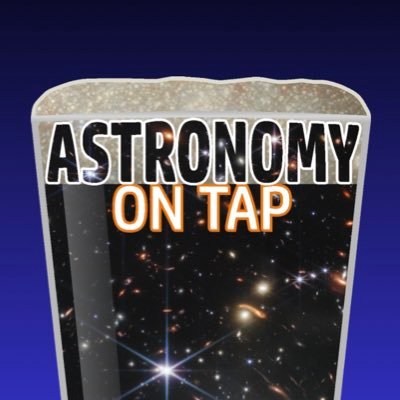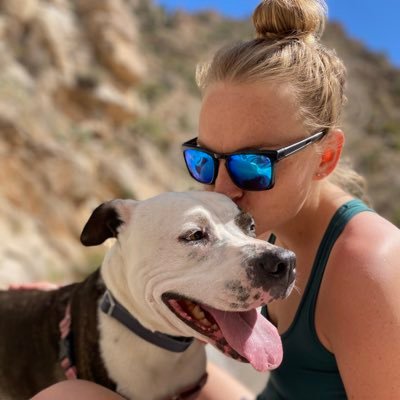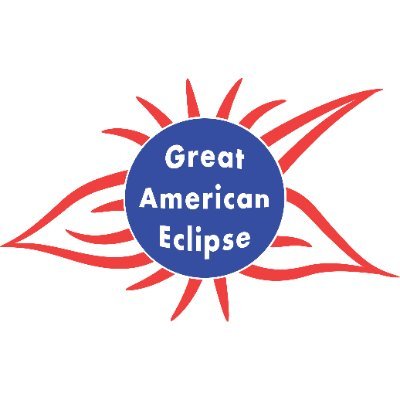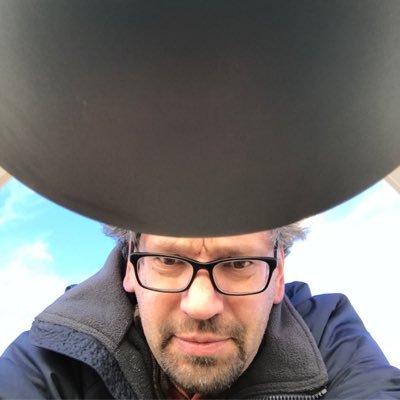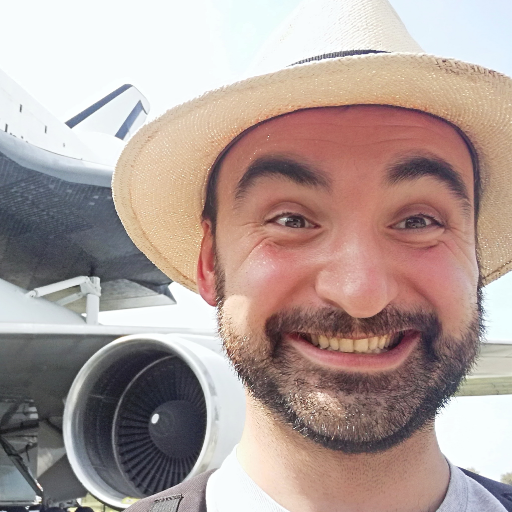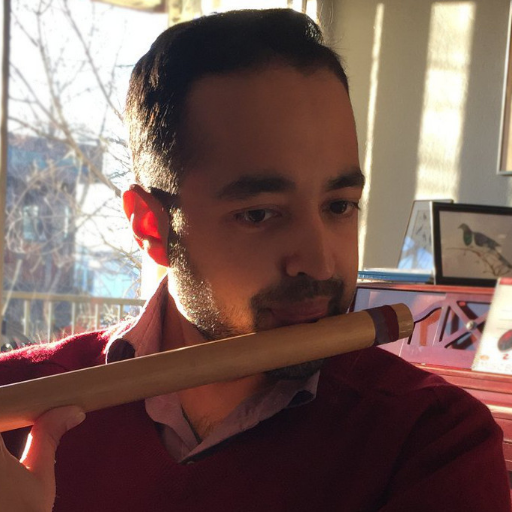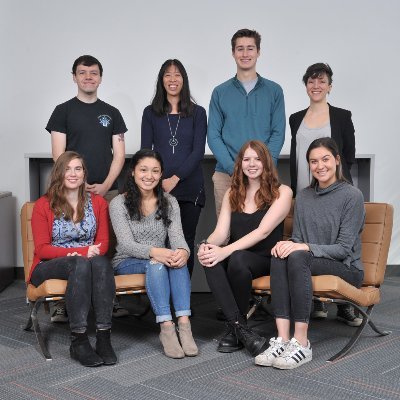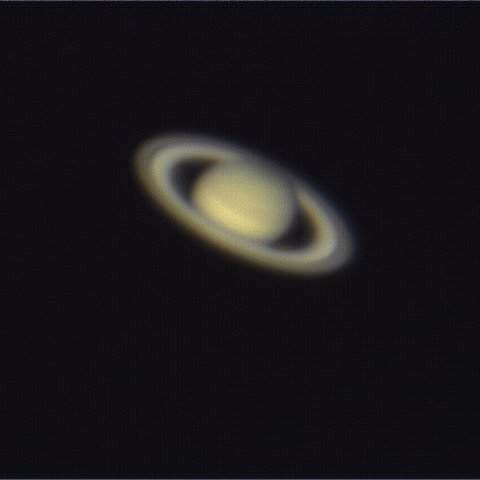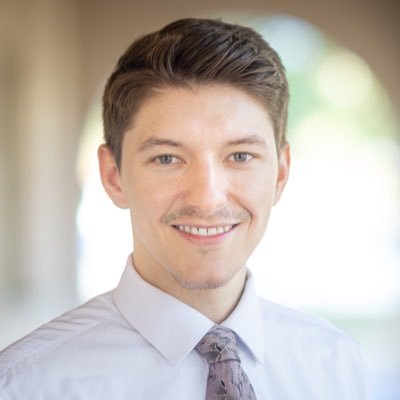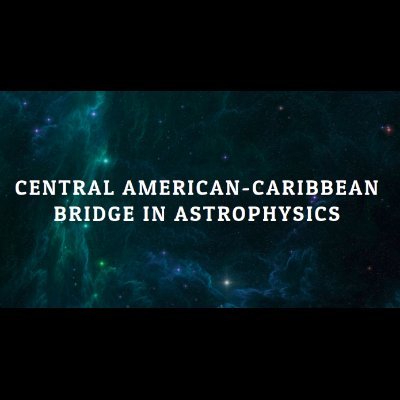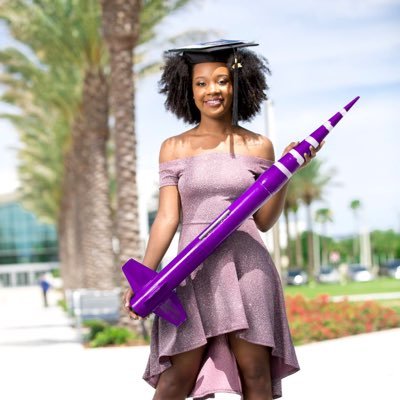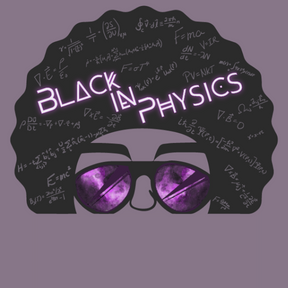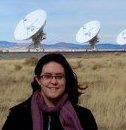
National Radio Astronomy Observatory | NRAO
@TheNRAOThe National Radio Astronomy Observatory is a facility of the National Science Foundation. Social media policy: https://t.co/c6wcVdrTYo
Similar User

@almaobs

@ESO

@chandraxray

@HubbleTelescope

@NASA360

@astrobites

@IAU_org

@SpaceTelescope

@esascience

@GreenBankObserv

@prcnaoj_en

@SkyandTelescope

@uw_icecube

@adsabs

@NASAUniverse
Did you know that the Very Large Array (VLA) has a Membership Program? 📡✨ Make a difference by supporting K-12 #astronomy and #STEM education initiatives - for as low as $25/year! Become a Member today ➡️ public.nrao.edu/join.

📡📡Many cosmic eyes high on the Chajnantor Plateau, Atacama Desert, Chile. 📡📡We have 66 antennas observing 24/7, together with our partners @ESO @prcnaoj_en @ALMA_Japan and @TheNRAO 📷: Yerko Villalón, ALMA photo-ambassador.

"Listening To The Universe: Visiting New Mexico’s Very Large Array" via @Forbes The Very Large Array is one of the largest telescopes on Earth and a remarkable achievement in science and engineering. Here’s a look up close. forbes.com/sites/geoffrey…
What are we looking at? 📡 Check out NRAO's Mission Control Feature to see what's being observed by the Very Large Array and ALMA Observatory in real time: public.nrao.edu/explore/missio… * Current VLA Observation: VOLS - The VLA Orion A Large Survey •

Happy National STEM Day! In addition to advancing the fields of astronomy and energy, AUI works to provide students with opportunities to explore and pursue interests in science, technology, engineering and mathematics. Browse our programs: aui.edu/education/




NEW: US NSF Green Bank Telescope Records Fastest Fast Radio Burst (FRB) Yet! 💥 🔗 greenbankobservatory.org/front-page-new…
NEW: US NSF Green Bank Telescope Records Fastest Fast Radio Burst (FRB) Yet! 💥 An international team of astronomers using the NSF GBT observed FRB 20220912A as it emitted 128 bursts in under two hours, a new record for this class of radio telescope. greenbankobservatory.org/front-page-new…
Discussing ALMA, ngVLA, VLA, VLBA, GBO, and astronomical computing at the #ADASS2024 conference, where @TheNRAO is a meeting sponsor. @UMmalta #astronomy #science @astroADASS @KathleenLabrie @NoTruerAlien @GreenBankObserv @DiscoverAUI @almaobs #STEMeducation @OneRocketMom

Today marks 21 years since the first stone was laid in constructing the groundbreaking $1.4 billion @ALMAObs in Chile in 2003, becoming Earth's largest, most complex radio observatory to study the #cosmos. 🔭🌌 bit.ly/3O0AQzN 📸: ©ALMA (@ESO/@prcnaoj_en/@TheNRAO)

Radio #ImageoftheWeek 📡 A "young" VLA is pictured here: The Very Large Array in December of 1979, one month after the final and 28th antenna had been delivered. Of the 28 antennas, 27 are active while one is a spare. Credit: US NSF/AUI/NSF NRAO

Meet Miguel Montalvo – National Astronomy Consortium (NAC) program alumnus, two-time Chambliss Astronomy Achievement Medal winner, and current PhD student! Read more about Miguel's path to astronomy in our latest blog post: public.nrao.edu/blogs/meet-mig…
Two post-doc fellowships available with @NSF-Simons CosmicAI Institute! Apply by November 15: jobs.jobvite.com/nrao/job/oAjxu…
NEW: AI Meets the Cosmos – Astronomers’ Ambitious Plan to Tackle Astronomical Big Data @NSF NRAO is spearheading an initiative with NSF-Simons CosmicAI to develop cutting-edge tools for processing vast celestial datasets. Post-doc fellowships available! public.nrao.edu/news/ai-meets-…
Love this from our friends at @almaobs! 🎃📡 What would you add or change for a VLA astronomer?
BOO! 👻 This ghostly image depicts the BOOmerang Nebula. At a bone-chilling 1º Kelvin (-458º Fahrenheit), it is the coldest known place in the Universe 🥶 Happy Halloween, astronomy fans! 📸 Credit: US NSF/AUI/NSF NRAO/ B. Saxton; NASA/Hubble; Raghvendra Sahai

NEW: A Cosmic Chemical Breakthrough: Astronomers Discover New Building Blocks for Complex Organic Matter 🔗 public.nrao.edu/news/a-cosmic-…
NEW: A Cosmic Chemical Breakthrough: Astronomers Discover New Building Blocks for Complex Organic Matter Astronomers using the @NSF NRAO Green Bank Telescope have discovered a new, complex molecule in space called 1-cyanopyrene! greenbankobservatory.org/front-page-new…
NEW: Massive Stars Born from Violent Cosmic Collapse 🔗 public.nrao.edu/news/massive-s… (Photo Credit: Jee Seymour)

NEW: Massive Stars Born from Violent Cosmic Collapse International team of astronomers using the @NSF Green Bank Telescope has observed evidence that massive stars can be born from rapidly collapsing clouds of gas and dust, challenging existing models. greenbankobservatory.org/front-page-new…
United States Trends
- 1. $MAYO 11,6 B posts
- 2. Tyson 420 B posts
- 3. Pence 48,7 B posts
- 4. Kash 82,1 B posts
- 5. Dora 23,5 B posts
- 6. Debbie 23 B posts
- 7. Mike Rogers 13 B posts
- 8. #LetsBONK 9.265 posts
- 9. Gabrielle Union 1.302 posts
- 10. Laken Riley 48,6 B posts
- 11. Iron Mike 17,8 B posts
- 12. Ticketmaster 17,6 B posts
- 13. Whoopi 72 B posts
- 14. #FursuitFriday 16,3 B posts
- 15. Pirates 20,3 B posts
- 16. Cenk 12,5 B posts
- 17. Fauci 184 B posts
- 18. National Energy Council 2.287 posts
- 19. The FBI 235 B posts
- 20. The UK 457 B posts
Who to follow
-
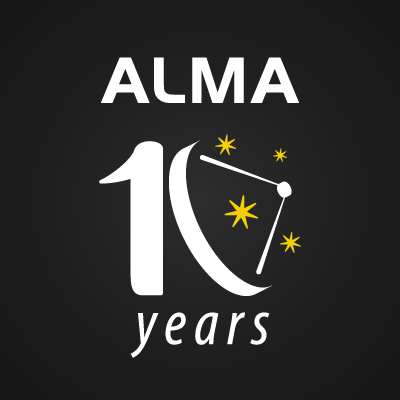 ALMA Observatory📡
ALMA Observatory📡
@almaobs -
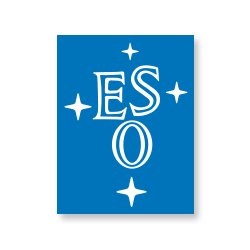 ESO
ESO
@ESO -
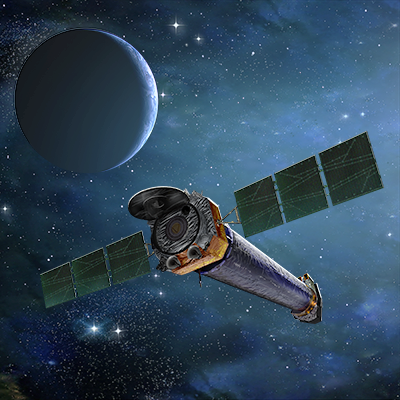 Chandra Observatory
Chandra Observatory
@chandraxray -
 Hubble Space Telescope
Hubble Space Telescope
@HubbleTelescope -
 NASA 360
NASA 360
@NASA360 -
 astrobites
astrobites
@astrobites -
 International Astronomical Union (IAU)
International Astronomical Union (IAU)
@IAU_org -
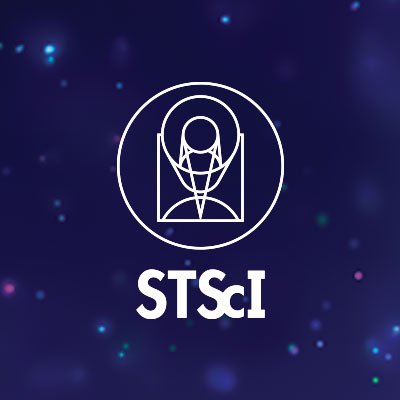 Space Telescope Science Institute
Space Telescope Science Institute
@SpaceTelescope -
 ESA Science
ESA Science
@esascience -
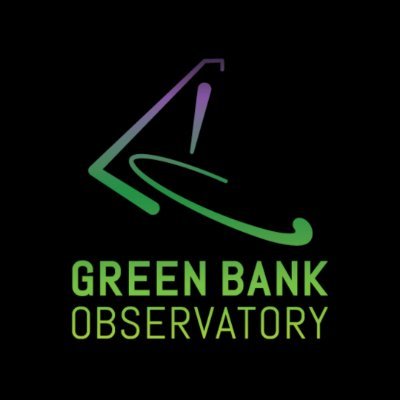 Green Bank Observatory
Green Bank Observatory
@GreenBankObserv -
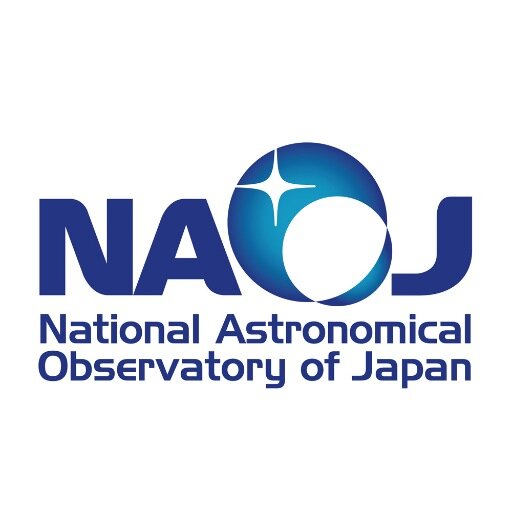 NAOJ
NAOJ
@prcnaoj_en -
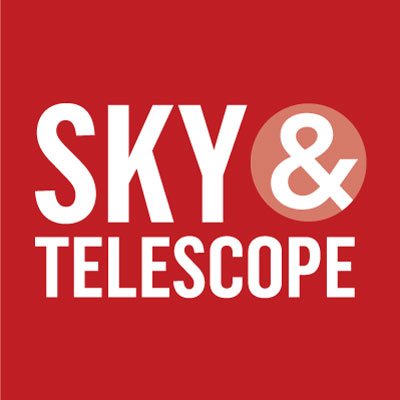 Sky & Telescope
Sky & Telescope
@SkyandTelescope -
 IceCube Neutrino Observatory
IceCube Neutrino Observatory
@uw_icecube -
 SAO/NASA Astrophysics Data System (ADS)
SAO/NASA Astrophysics Data System (ADS)
@adsabs -
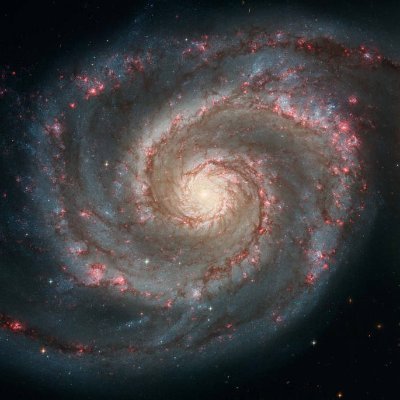 NASA Universe
NASA Universe
@NASAUniverse
Something went wrong.
Something went wrong.




